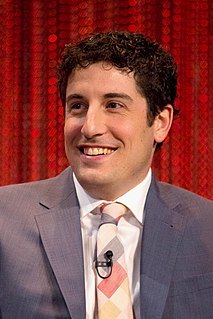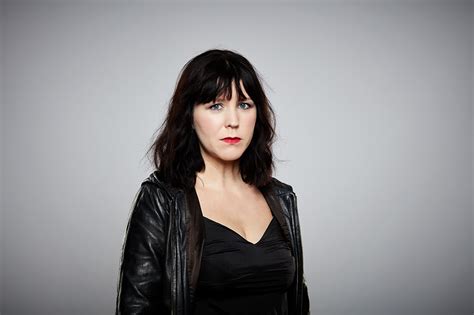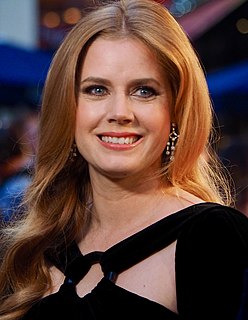A Quote by Dave Abrams
I think it's possible - perhaps even necessary - to find comedy in any war. I mean, look at the brilliant work which was done by Joseph Heller and Richard Hooker (M*A*S*H) and Jaroslav Hasek (The Good Soldier Svejk - which I haven't read, but have heard was funny).
Related Quotes
If you read Calvin, for example, he says, How do we know that we are godlike, in the image of God? Well, look at how brilliant we are. Look how we can solve problems even dreaming, which I think is true, which I've done myself. So instead of having an externalized model of reality with an objective structure, it has a model of reality that is basically continuously renegotiated in human perception. I think that view of things is pretty pervasively influential in Protestant thought.
Because I was familiar with Taika's Watiti work and there's a very subversive, funny streak amongst all of them. I don't think he turned [Hunt for the Wilderpeople] into a sort of drama, there's too much dark material underneath it for it to be a comedy; it wasn't designed to be a comedy. I think it's a comedy... I think it's a drama that's funny; which is different.
However much pains may be taken to combine the soldier and the citizen in one and the same individual, whatever may be done to nationalize wars, never will it be possible to do away with the professionalism of the business; and if that cannot be done, then those who belong to it will always look upon themselves as a kind of guild, in the regulations, laws, and customs in which the "Spirit of War" finds its expression. It would be very wrong to look down upon this corporate spirit, or esprit de corps, which may and should exist more or less in every Army.
I think there's a lack of really, really good funny scripts out there that work on all the levels that they're supposed to - which is to say that they're not just funny but they have interesting characters that people are going to like and be invested in. I've done a bunch of movies that haven't worked but I like to think I've done some that have worked and that's because not only is the comedy there but the characters and storylines are interesting. The characters are real and relateable and people were invested in them.
The irony is that we're really good at comedy in Britain, but for some reason, we make very few comedy films. And when we do, they're either quite American in style, or very Richard Curtis. And I like Richard Curtis, but I think only Richard Curtis should write Richard Curtis films, and other people should try and find their own style.
I'm not terribly well read. My wife forces books into my hands and insists I read them, which I'm grateful to her for. She made me read 'War and Peace.' The whole thing. It was amazing, but I had to hide it. You can't walk round reading 'War and Peace' - it's like you're in a comedy sketch and you think you're smart.
Vanity is so anchored in the heart of man that a soldier, a soldier's servant, a cook, a porter brags and wishes to have his admirers. Even philosophers wish for them. Those who write against vanity want to have the glory of having written well; and those who read it desire the glory of having read it. I who write this have perhaps this desire, and perhaps those who will read it.
Perhaps, as we say in America, I wanted to find myself. This is an interesting phrase, not current as far as I know in the language of any other people, which certainly does not mean what it says but betrays a nagging suspicion that something has been misplaced. I think now that if I had any intimation that the self I was going to find would turn out to be only the same self from which I had spent so much time in flight, I would have stayed at home.
































